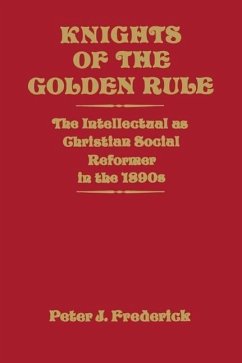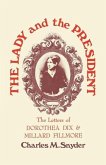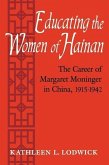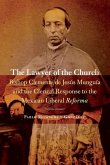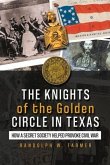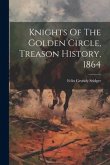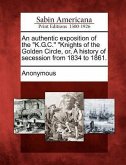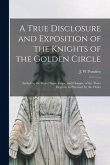This is a book about American intellectuals as would-be social reformers and what happens to them in the arena of practical politics. Specifically, it examines the lives of ten highly idealistic Christian socialist and anarchist intellectuals of the 1890s who were profoundly influenced - indeed inspired - by the prophetic social messages and exemplary lives of Tolstoy, Mazzini, and Ruskin. The ten Americans - including ministers, journalists, professors, and poets - were constantly thwarted in their efforts to apply the Golden Rule and the ethics of Jesus not only to the socioeconomic institutions of their society, but to their own lives as well. These ten Christian knights rode high on clouds of words, carrying swords of good intentions, tilting at windmills often of their own despair. As a result, they paid the price (as Emerson said) of being "too intellectual." This is, indeed, a story of noble dreams, frustration, agonizing self-doubts and, ultimately, of failure. Peter J. Frederick develops his argument by comparing and contrasting the intellectuals in pairs, examining the many forms frustrated activism can take. His study emerges as a critique of the Social Gospel movement from a New Left perspective; implicitly, it is a critique of the contemporary New Left, approached with empathetic understanding. Ethical, decisive action, he concludes, is essential not only for effective reform but for the psychic well-being of the intellectual.
Hinweis: Dieser Artikel kann nur an eine deutsche Lieferadresse ausgeliefert werden.
Hinweis: Dieser Artikel kann nur an eine deutsche Lieferadresse ausgeliefert werden.

